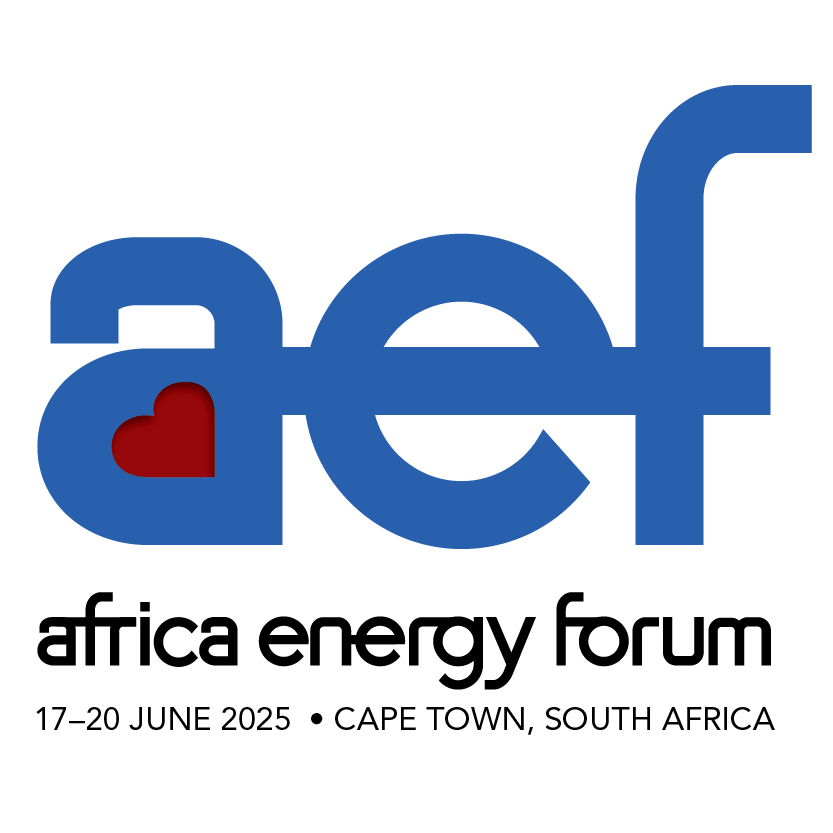“AFRICA HAS A MORE DIFFICULT ENERGY TRANSITION CHALLENGE THAN MOST OTHER REGIONS IN THE WORLD” – OLUSOLA LAWSON, AIIM
)
Olusola Lawson, Co-Managing Director at African Infrastructure Investment Managers (AIIM), on the new thinking on finance needed to fund Africa’s energy transition and the important discussions to be had at aef24.
What are you most looking forward to at this year’s Africa Energy Forum?
AIIM is proud to be sponsoring the AEF this year, and I’m personally looking forward to discussing where the current financing gaps are and how we can mobilise private finance to scale green energy across the continent.
What would you say are the most important issues to be addressed?
Africa has a more difficult energy transition challenge than most other regions in the world. No other continent is tasked with improving electricity access to the same extent, while simultaneously being told that decarbonisation must be prioritised.
And while billions of dollars have been promised to support the energy transition, how are we seeing these funds materialise and be used?
Improving electricity access requires massive investment in transmission capacity alone, to interconnect countries and stabilize grid networks across the continent.
Africa has an abundance of resources: we have 40% of the world’s solar energy generation potential for example but contribute only 1% of global production. But many areas suitable for renewable electricity generation are located far from major offtake centres and industrial energy consumers. So, the potential of these vast renewable resources cannot be fully harnessed without the development of adequate long-distance transmission infrastructure.
To fund Africa’s energy transition, we need new thinking around the application of innovative instruments such as blended finance mechanisms to help catalyse additional pockets of international capital for this market. As government balance sheets continue to be buffeted by macroeconomic tailwinds, private capital from a range of sources (both local and international) must and will play a key role.
How would you say green financing could be made more efficient? Does AIIM have a unique position when it comes to blended finance?
Term and cost are key considerations in respect of efficient financing. Many countries in Africa are constrained by sovereign credit ratings, and a lack of deep, well-developed local capital markets. At AIIM, we are progressing an initiative targeting use of blended finance to crowd in additional capital for a vehicle focussed on generating climate impact across the continent. Over time, access to carbon markets should also help improve the efficiency of green financing.
Are there particular differences between territories and countries when it comes to generating this type of finance?
Clearly, the markets with more proven energy value chains and deeper local capital markets can generate access to more efficient financing: markets like South Africa, Egypt and Morocco. Countries which are also progressing with broader liberalisation of their energy markets, allowing direct access to large scale private customers, are also better positioned in this regard.
What are the implications of not doing business in local currencies? Could the green finance gap be closed by doing more on this?
Availability of low cost, long term, local financing is a key component of well-functioning energy markets globally. The lack of depth in local capital markets in Africa, outside of South Africa, is an issue which is broader than the energy sector. These markets will take a while to develop the depth required. Pricing is also an issue given the high inflation, high-rate environment in much of the continent. The solution over the medium term will continue to be a combination of blended finance, concessionary sources of capital, DFI finance, local capital markets and in certain markets, sophisticated commercial lenders.
AIIM is a sponsor of the Africa Energy Forum 2024, where Olusola will be speaking in a Boardroom focused on Closing the Green Energy Finance Gap.

.jpg)